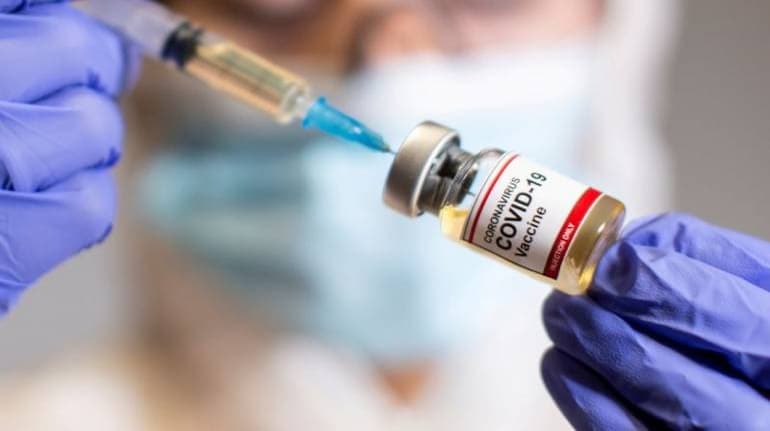Zydus Cadila plans to test its COVID-19 vaccine on 30,000 volunteers in late stage trial
Cadila Healthcare said its vaccine was found to be well tolerated and immunogenic in the Phase I/II clinical trials.
December 24, 2020 / 10:15 PM IST
In the Phase II study of the vaccine ZyCoV-D had been tested in over 1,000 healthy adult volunteers.
Cadila Healthcare (Zydus Cadila) on December 24 said the company is planning to initiate Phase III clinical trial of its COVID-19 vaccine ZyCoV-D in around 30,000 volunteers upon receiving necessary approvals.
The company said its vaccine was found to be well tolerated and immunogenic in the Phase I/II clinical trials.
In the Phase II study of the vaccine ZyCoV-D had been tested in over 1,000 healthy adult volunteers.
"The vaccine was found to be safe and immunogenic. The trial has been reviewed by an independent Data Safety Monitoring Board (DSMB) and reports have been submitted to Central Drugs Standard Control Organisation (CDSCO) regularly for the update on safety outcome," Zydus Cadila said in a statement.
"ZyCoV-D has now completed Phase II clinical trials and the vaccine has been found to be safe and immunogenic. We are optimistic of Phase III clinical trial outcomes as well and that we would be able to start the production of the novel vaccine on its successful completion," said Pankaj Patel, Chairman, Zydus Cadila.
Zydus Cadila has taken a novel approach to its potential COVID-19 vaccine. Called plasmid DNA, the vaccine consists of genetic material of SARS-CoV-2 protein that instructs human cells to make SARS-CoV2 antigen, eliciting an immune response. The company says that this approach is easily replicable and scalable, requiring just Biosafety Level (BSL)-1. Zydus Cadila initiated Phase–1 and 2 trials in July.
ZyCoV-D vaccine can be stored at 2-8 degrees temperature, making it a good fit for the existing cold chain infrastructure. The vaccine is delivered through the intradermal (injected into the epidermis) route, which is much easier to administer compared to intramuscular injection, which requires training of healthcare workers.
The company has said it expects to have final data of phase III by March-April 2021. If everything goes well, the launch of the vaccine is expected in the first half of 2021.
Viswanath Pilla is a business journalist with 14 years of reporting experience. Based in Mumbai, Pilla covers pharma, healthcare and infrastructure sectors for Moneycontrol.










_2020091018165303jzv.jpg)



























